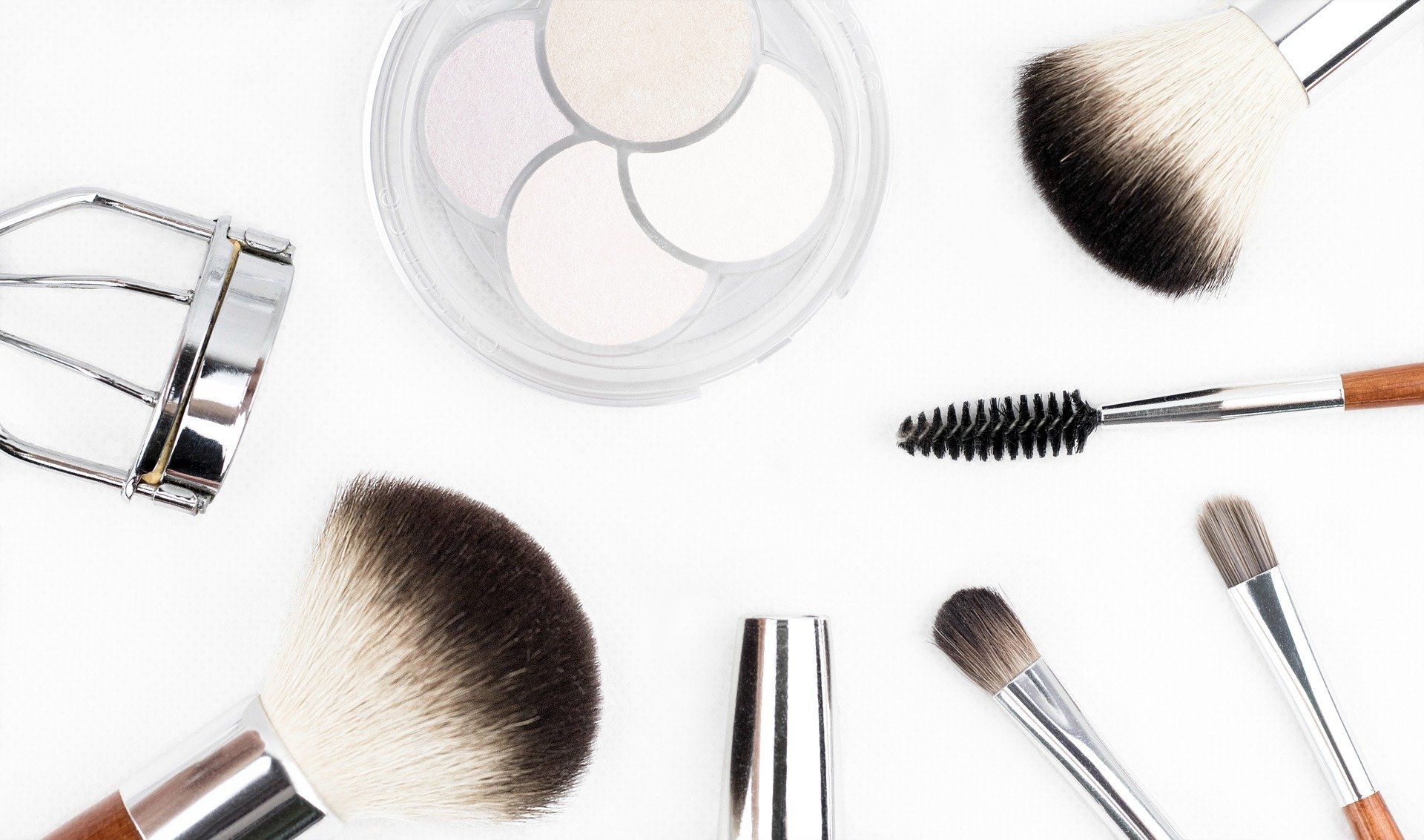Christiane Campbell, partner and team lead of Duane Morris’ Fashion, Retail and Consumer Branded Products Industry Group, and Victoria Danta, Duane Morris attorney, authored the Fashion Mannuscript article, “How to Build Relationships with Influencers (Part 2).”
They write:
The first part of this article discussed corporate social responsibility (CSR) and how brands and businesses should be mindful in forming partnerships.
In building an influencer partnership, being reactive, as well as proactive, is key. Respond to potential partners that reach out to you while proactively researching potential partners with whom you would like to form a relationship. Have concrete ideas about what you would want to gain from such a relationship before entering it.
If this sounds a bit like dating (or online dating), that is not surprising. A brand-influencer partnership is, quite literally, a relationship that requires investment. In considering how best to invest, also consider which influencers on which platforms are most likely to be able to reach your consumers and form authentic, credible connections with them.

